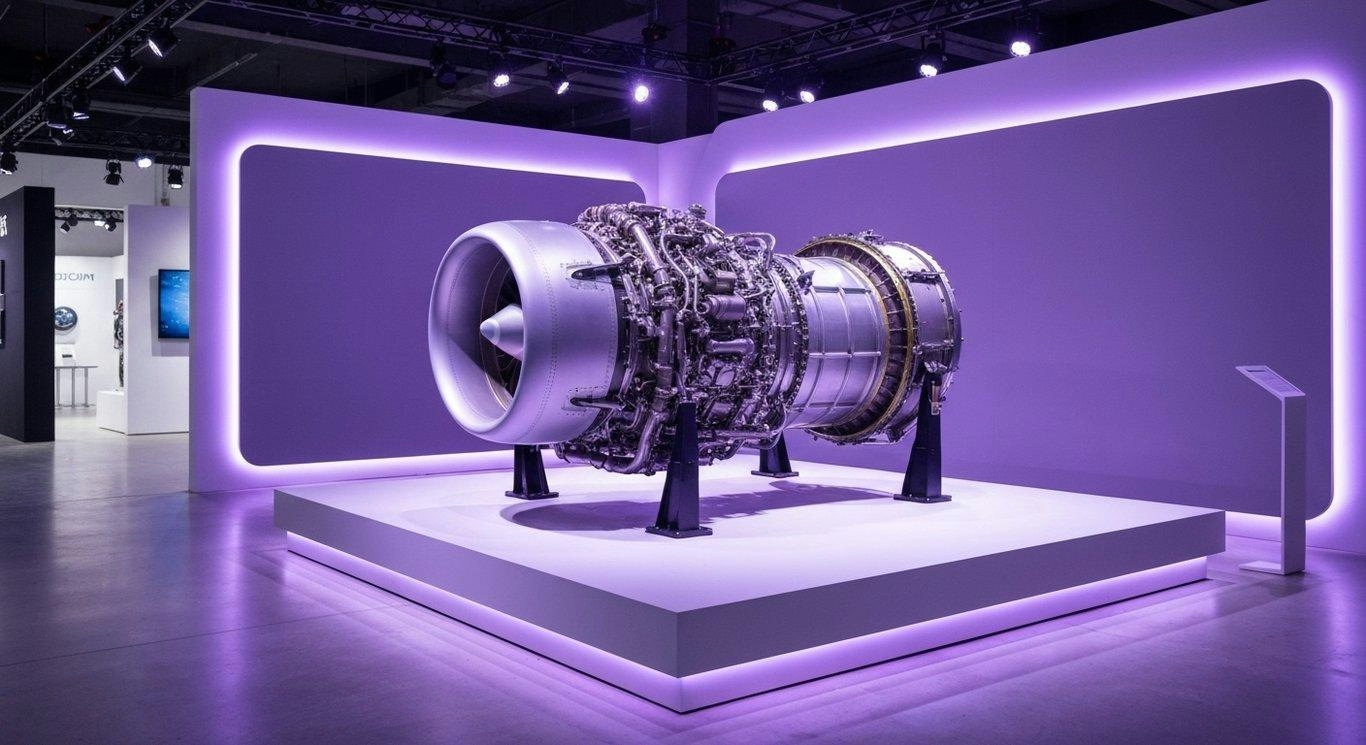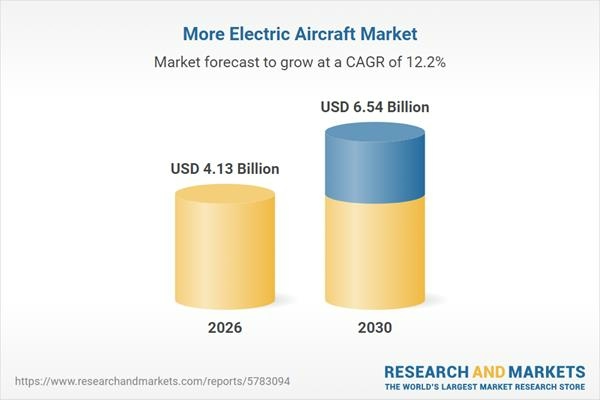AeroGenie — Your Intelligent Copilot.
Trending
Categories
RTX Advances in AI and Defense Contracts Drive Aerospace Growth

RTX Advances in AI and Defense Contracts Drive Aerospace Growth
In an era marked by rapid technological transformation, RTX Corporation is emerging as a pivotal force in both commercial aviation and defense sectors. By leveraging artificial intelligence (AI) and predictive analytics, the company is enhancing operational efficiency in airline services while securing substantial defense contracts. This dual focus not only redefines aerospace capabilities but also establishes a resilient platform for sustained growth, presenting a compelling proposition for investors interested in the aerospace and defense industries.
Revolutionizing Aviation Through Predictive Analytics
RTX’s Collins Aerospace division has positioned itself at the forefront of AI-driven aviation innovation, exemplified by its FlightAware Foresight platform. Launched in partnership with JetBlue in July 2025, this machine learning system processes billions of data points to forecast delays caused by weather, congestion, or mechanical issues in real time. The platform enables airlines to proactively manage gates, crew assignments, and schedules, resulting in a 15% improvement in JetBlue’s on-time departures and a 12% reduction in connection times within just three months. These operational enhancements translate into significant cost savings through reduced fuel consumption, minimized crew idle time, and fewer passenger rebookings.
Further extending its influence, Collins Aerospace collaborates with the Digital Alliance for Aviation, an Airbus-led consortium that aggregates data from global operators. This partnership facilitates predictive maintenance systems that have successfully cut unplanned aircraft downtime by up to 20%. With the aviation predictive maintenance market projected to reach $12 billion by 2027, RTX is strategically positioned to capture a substantial share of this expanding sector.
Strengthening Defense Capabilities with AI and Long-Term Contracts
While innovation in aviation drives RTX’s technological advancements, its defense segment underpins the company’s financial stability through long-term contracts. In 2025, RTX secured a $50 billion umbrella agreement with the U.S. Defense Logistics Agency, ensuring continued support for critical supply chain and logistics operations. Additionally, Raytheon Technologies, a division of RTX, was awarded a $7.8 billion missile production contract, including a record $3.5 billion deal for Advanced Medium-Range Air-to-Air Missiles (AMRAAM).
These contracts underscore RTX’s strategic integration of AI to enhance defense systems. The eFAST predictive maintenance system for Pratt & Whitney GTF engines has reduced unplanned maintenance events by 30%, thereby bolstering mission readiness for U.S. and allied air forces. In parallel, AI-driven software development within Collins Avionics has accelerated software upgrade cycles by 30%, facilitating the rapid deployment of critical defense technologies. The GhostEye radar system, co-developed with Kongsberg, provides comprehensive 360-degree detection of drones and cruise missiles, building on the proven NASAM system, which has recorded over 1,000 successful intercepts. With global air and missile defense expenditures expected to exceed $100 billion by 2030, RTX is well-positioned to capitalize on increasing geopolitical demand.
Strategic Partnerships and Market Position
RTX’s recent collaboration with Velo3D to advance additive manufacturing in defense aligns with evolving military priorities and enhances its technological leadership. This partnership, among others, has been well received by investors, contributing to a recent uptick in RTX’s stock price. Currently trading at approximately US$156.27, with an analyst price target of US$162.50, the stock appears fairly valued, suggesting limited upside potential absent new growth catalysts or emerging risks. The competitive landscape remains uncertain as RTX’s momentum in AI and defense contracts continues to influence the broader aerospace market.
Synergy and Outlook
RTX’s distinctive strength lies in its ability to integrate innovations across aviation and defense sectors, creating a synergistic cycle of technological advancement. As AI and predictive analytics become increasingly central to both industries, RTX’s comprehensive approach positions it as a leader in aerospace growth, offering promising prospects for operational excellence and shareholder value.

Electric Aircraft Market Outlook Through 2035

Capital A Completes Sale of Aviation Business to AirAsia X

Four Gateway Towns to Lake Clark National Park

PRM Assist Secures €500,000 in Funding

Should Travelers Pay More for Human Support When Plans Go Wrong?

InterGlobe Aviation Shares Rise 4.3% Following January Portfolio Rebalancing

Key Market Segments Shaping Airline Route Profitability Software

Locatory.com Gains Traction Among Aviation MROs and Suppliers

JetBlue Flight Makes Emergency Landing Following Engine Failure

58 Pilots Graduate from Ethiopian University
